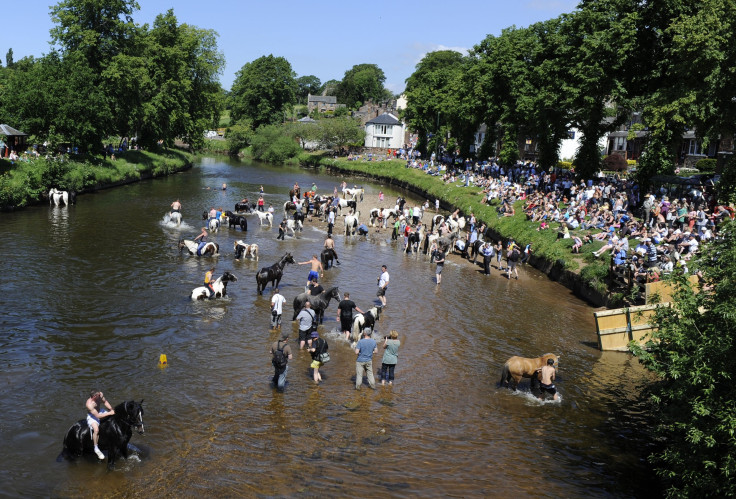WWF, angling organisations challenge UK government in high court case over waterways protection failure

The UK government is being accused of failing in its legal duty to protect some of England’s “most precious rivers” from the impacts of agricultural pollution. WWF UK and angling organisations have joined to challenge the government in a high court case to explain how the rivers were affected by the agricultural run-off.
Failing to take the necessary action to tackle the problem in river pollution has led conservationists and the Angling Trust and Fish Legal to seek for a judicial review, arguing against the Department for Environment, Food and Rural Affairs, or DEFRA, and the Environment Agency. The high court has already granted the permission to the concerned organisations to pursue their challenge over the failure of the agencies to protect rivers, lakes and coastal areas from further damage.
The organisations blame the poor land management for causing soil carrying nutrients and pesticides to wash into waterways, particularly on habitats known as the Natura 2000 sites. The concern includes the “national treasures” such as the Poole harbour in Dorset and the rivers Avon, Wye and Eden.
“The health of our rivers and lakes is one of the most critical concerns for WWF-UK, the Angling Trust and Fish Legal,” said David Nussbaum, chief executive of WWF UK, in a report from Angling Trust. It is vital for the government to protect animals living in the rivers, such as Atlantic salmon, bullhead fish, bitterns and kingfishers, he said.
The pollution is not only affecting fish and wildlife negatively, said Mark Lloyd, chief executive for the Angling Trust and Fish Legal, but also anglers that contribute billions to the local economy every year. Lloyd suggests to give the rivers and lakes a chance to recover, people should ensure the necessary measures are in place to stop the pollution.
The river pollution could also affect recreational activities such as walking and birdwatching, which provided an income for rural communities. “We are calling on the government to use the tools at its disposal to tackle the issue,” Nussbaum said.
If voluntary measures were not successful to reduce the effect of pollution, the Environment Agency has identified that creating water protection zones could be a possible solution. According to the campaigners, the law requires the UK government to take all necessary steps to ensure rivers could recover by December 2015, and they maintain that pollution will not happen again.
Contact the writer at feedback@ibtimes.com.au or tell us what you think below






